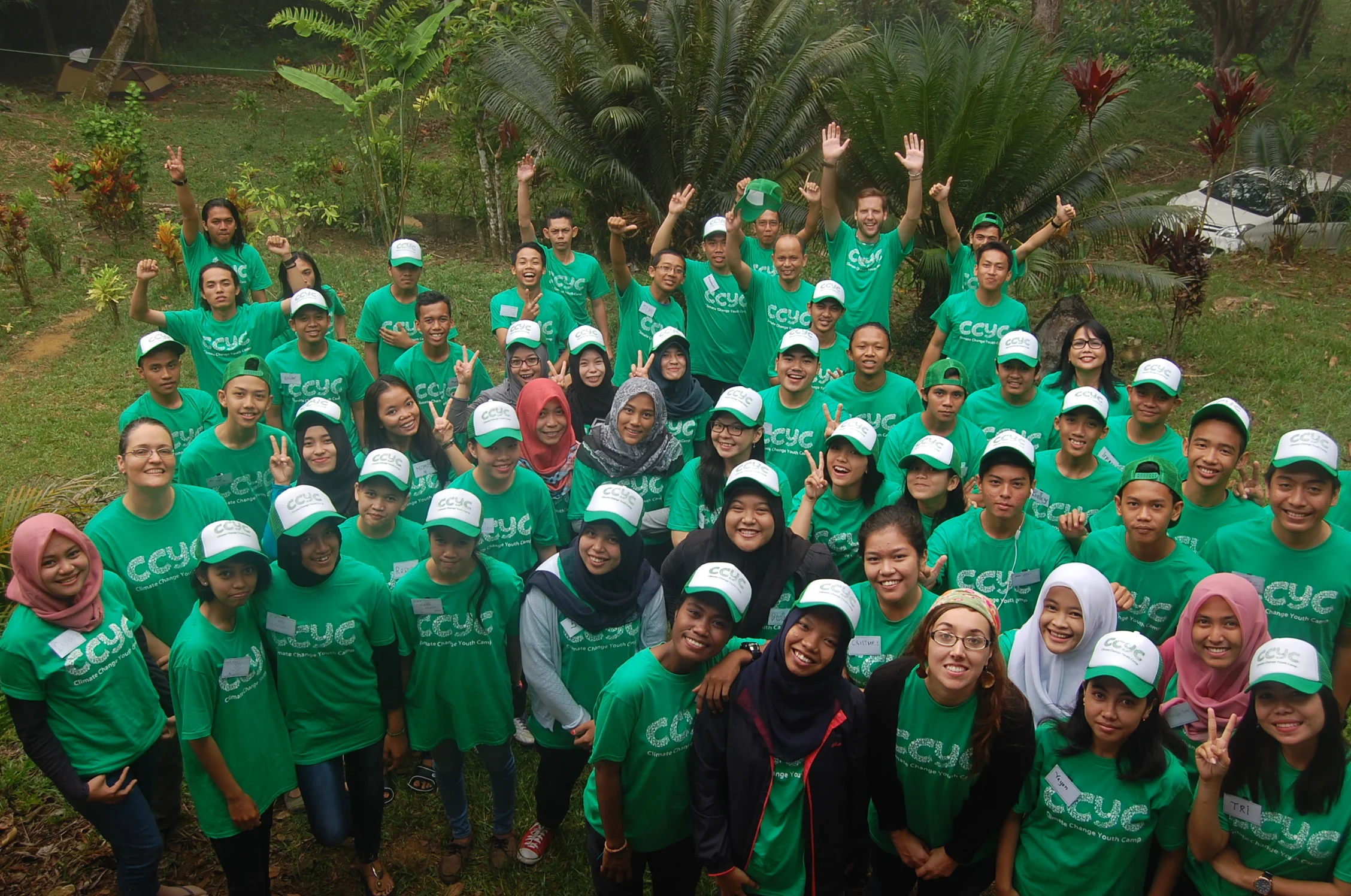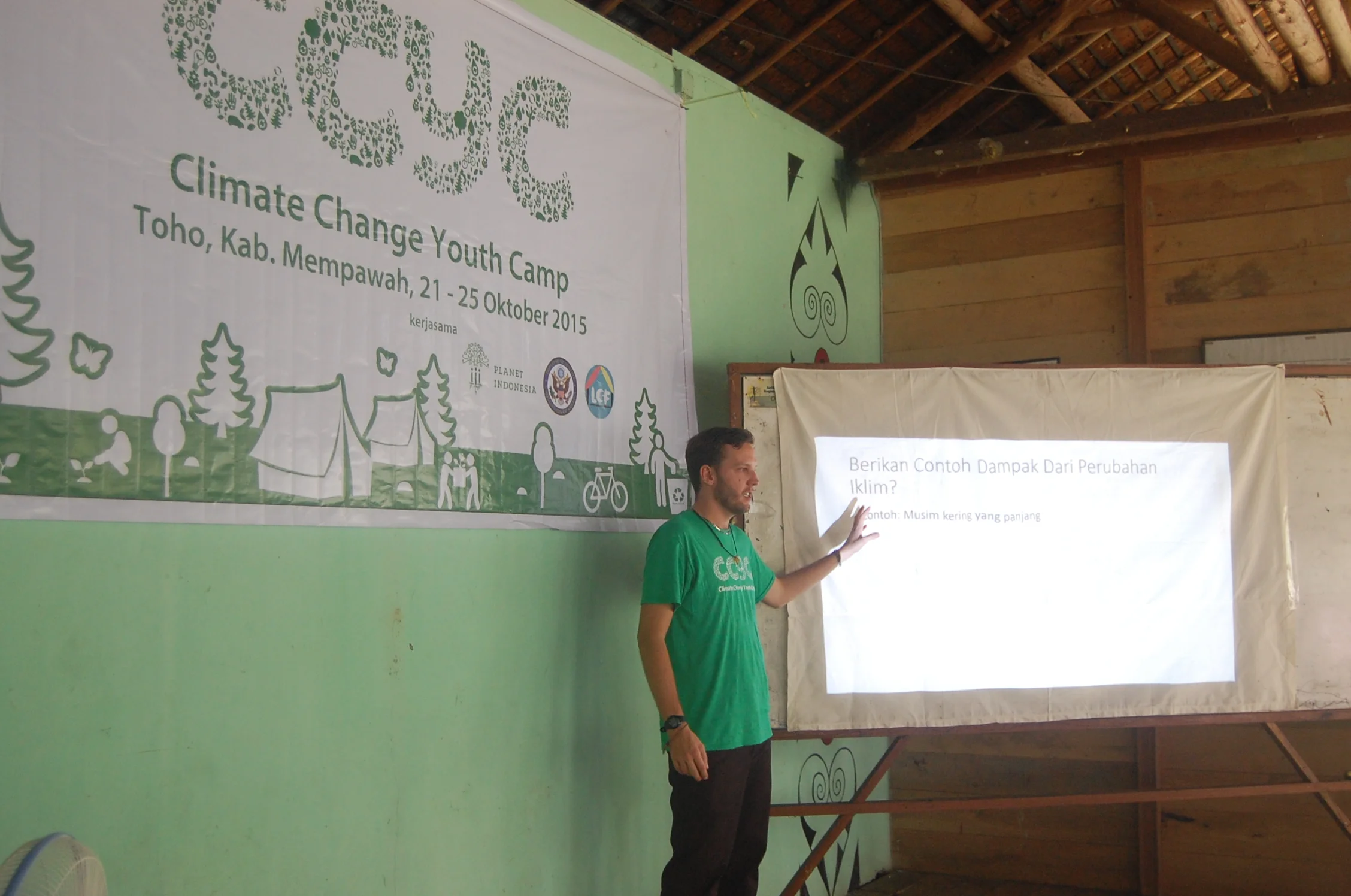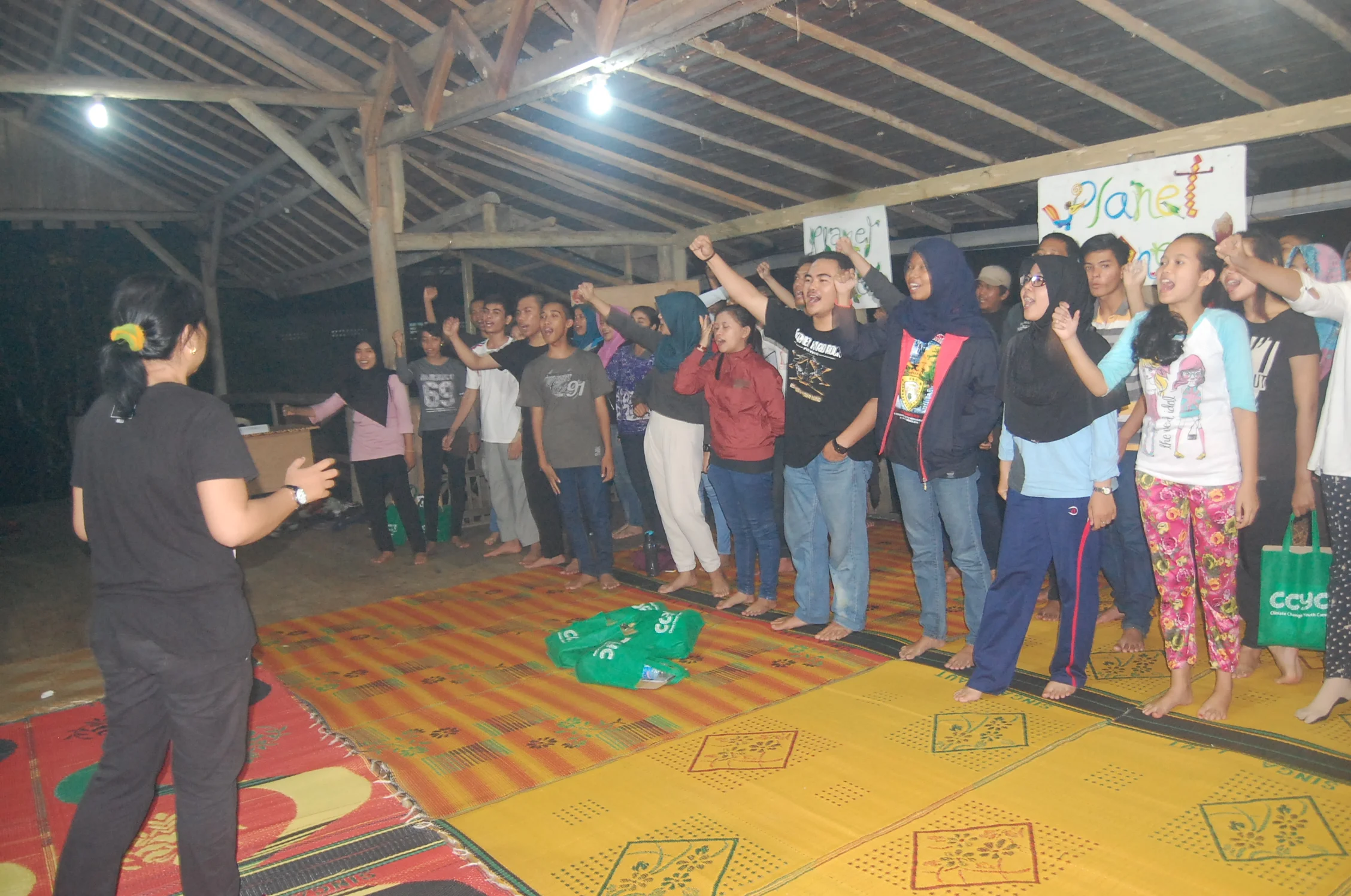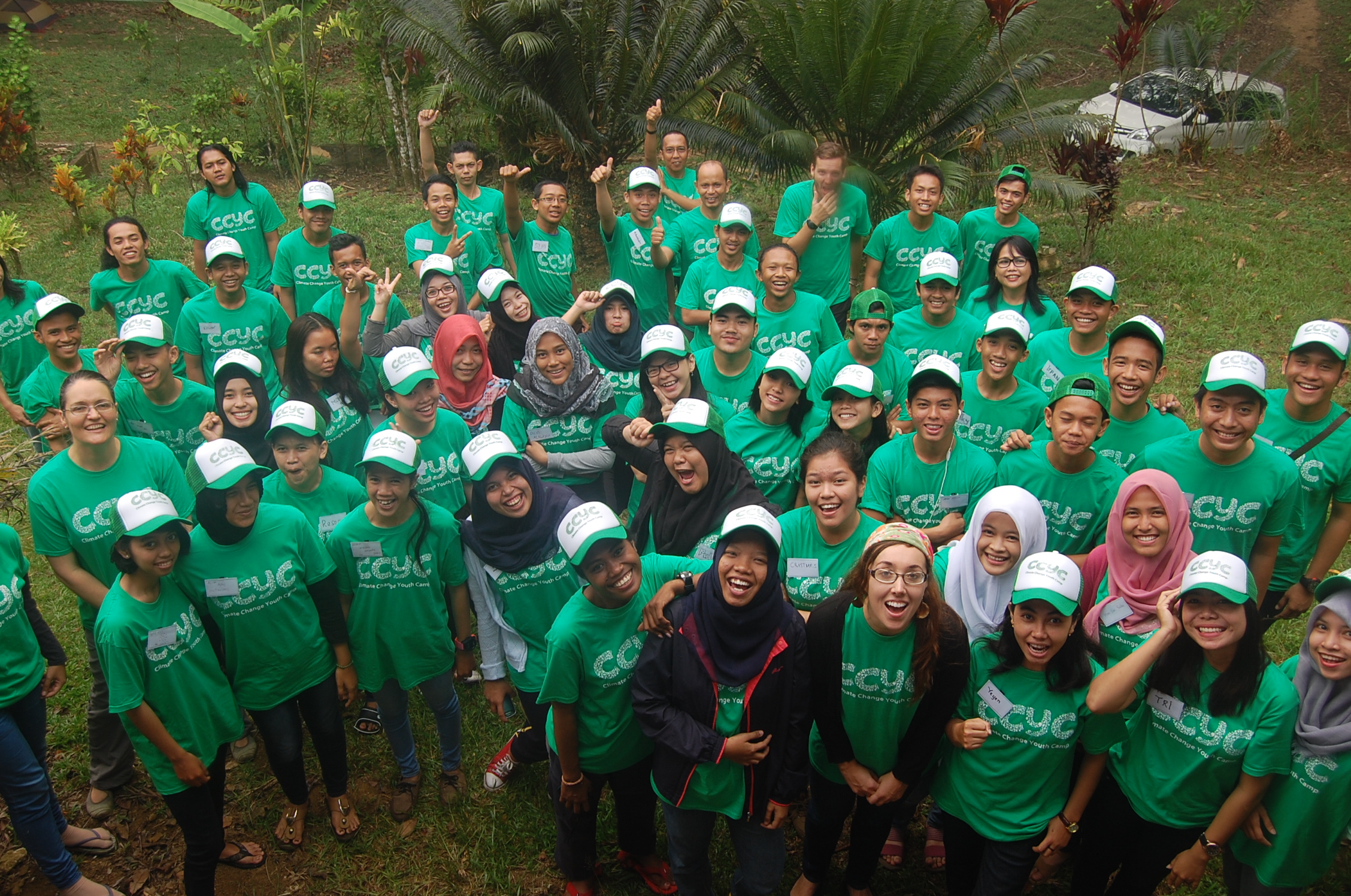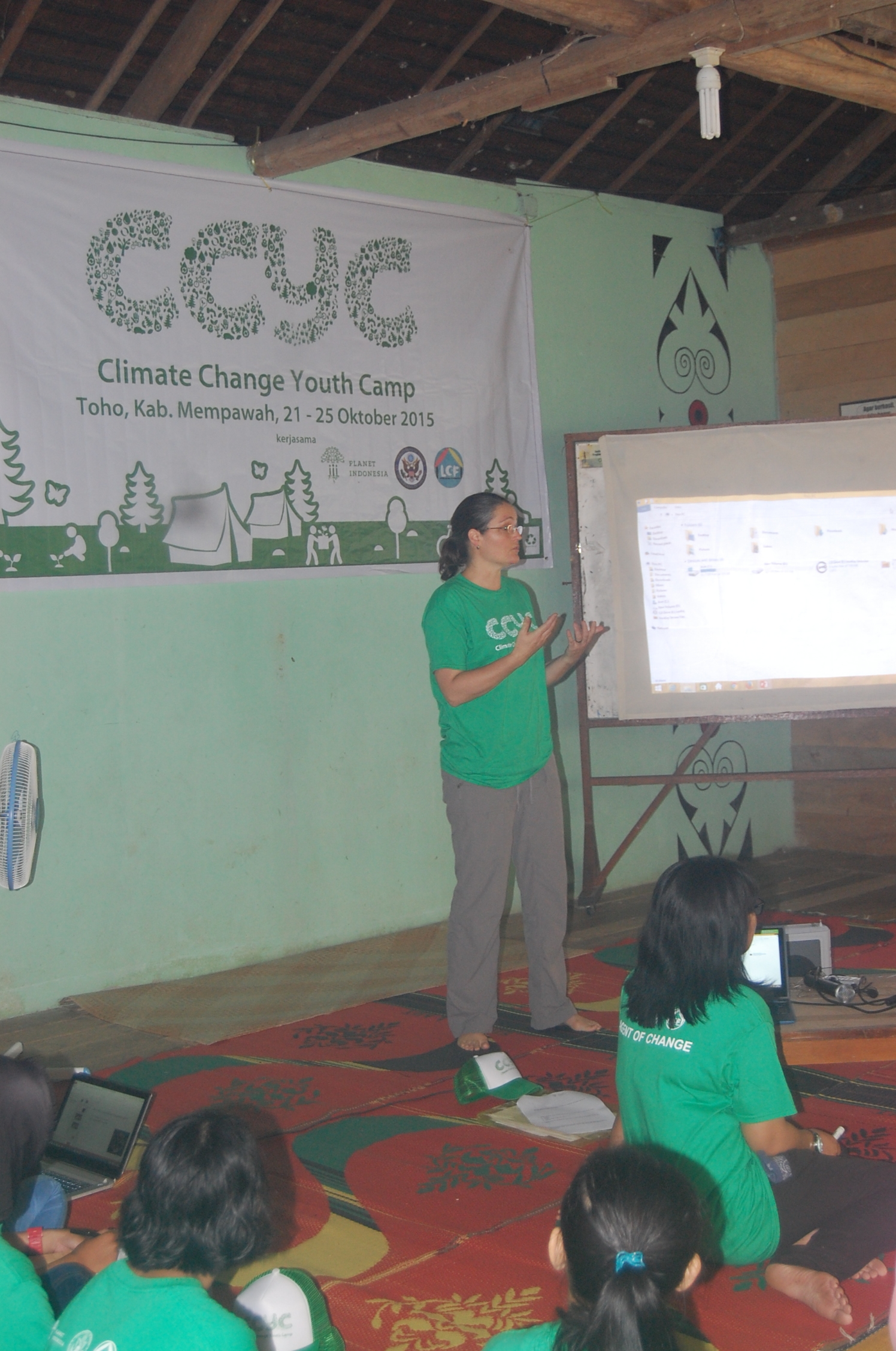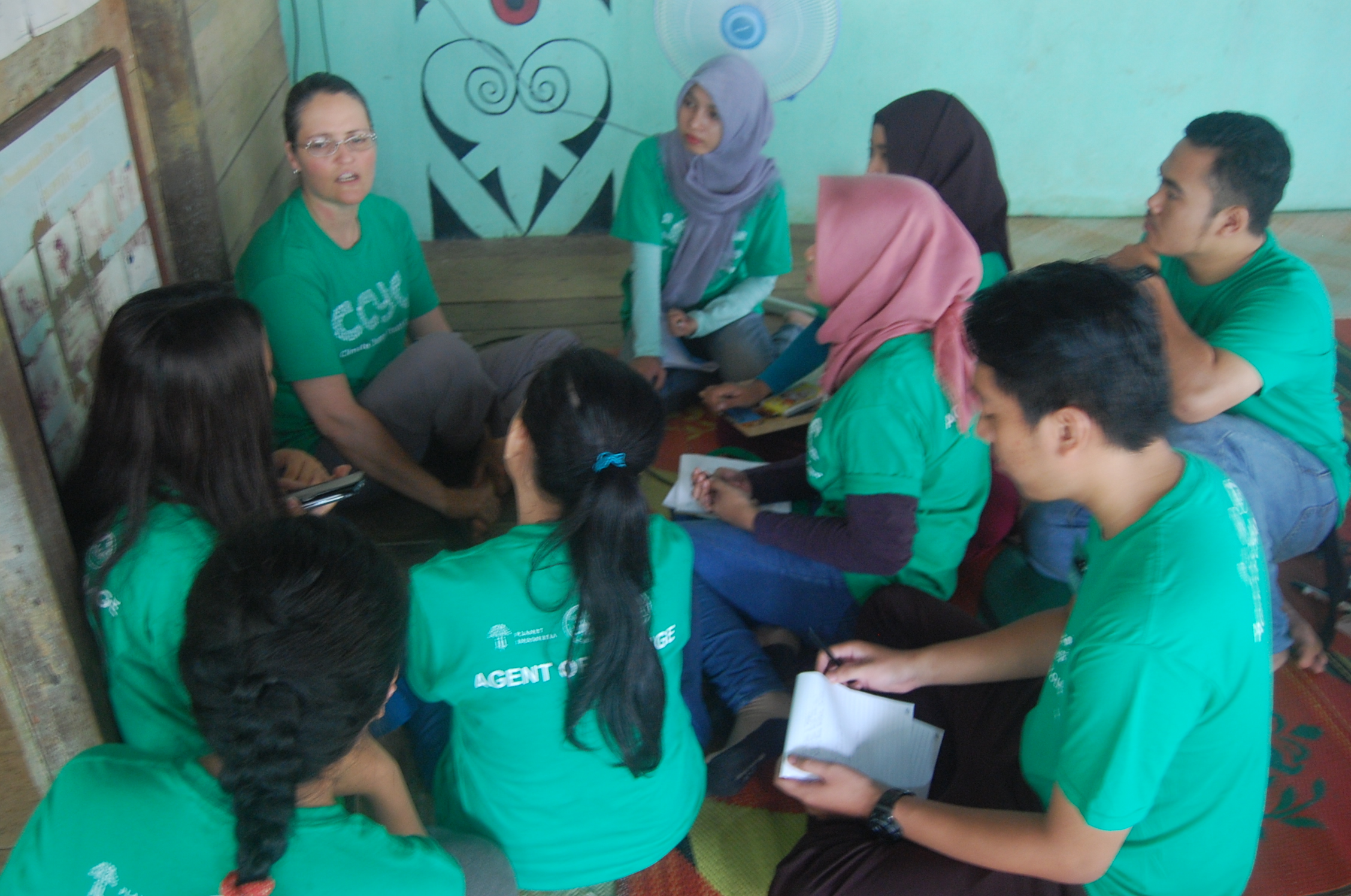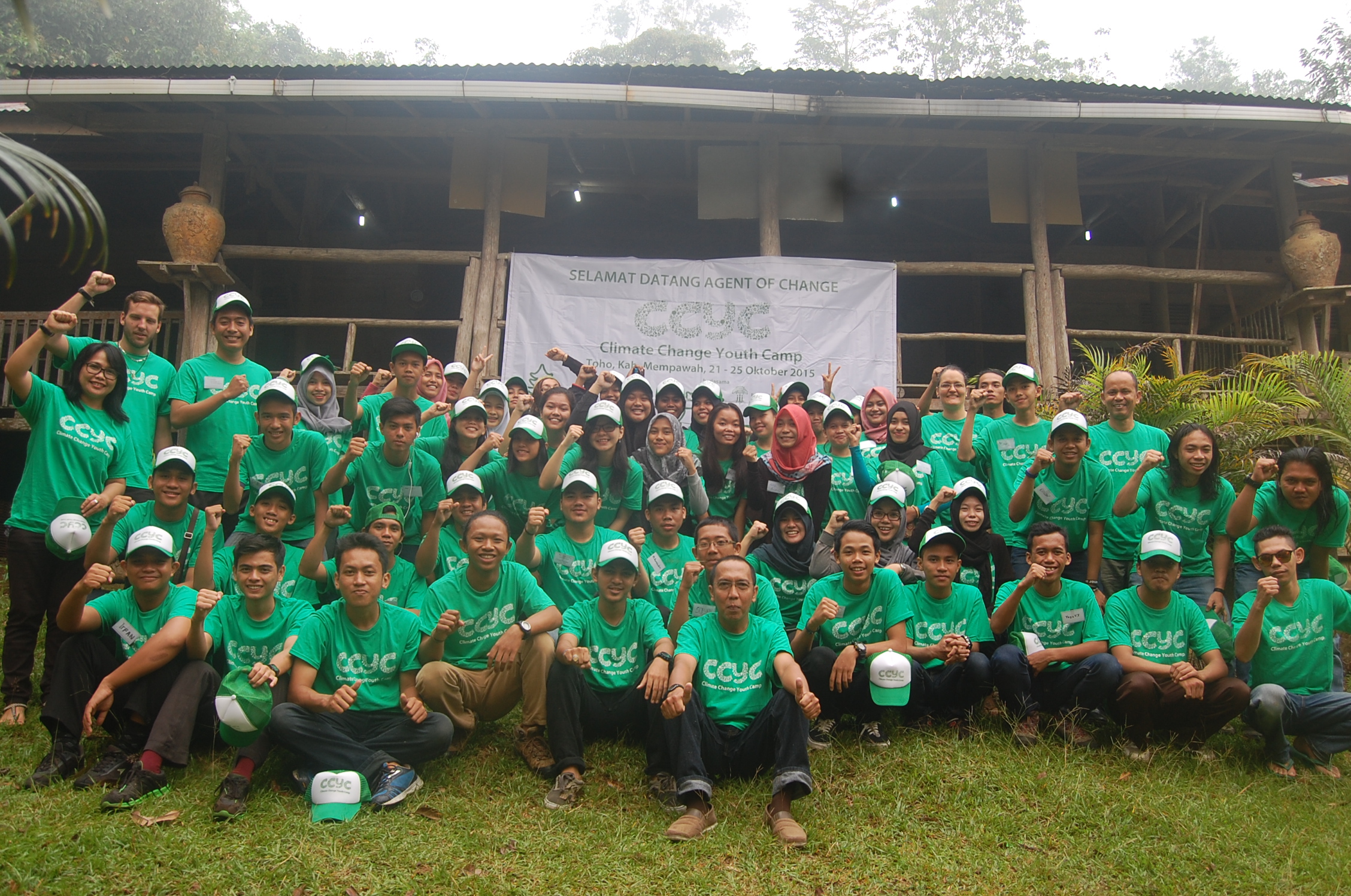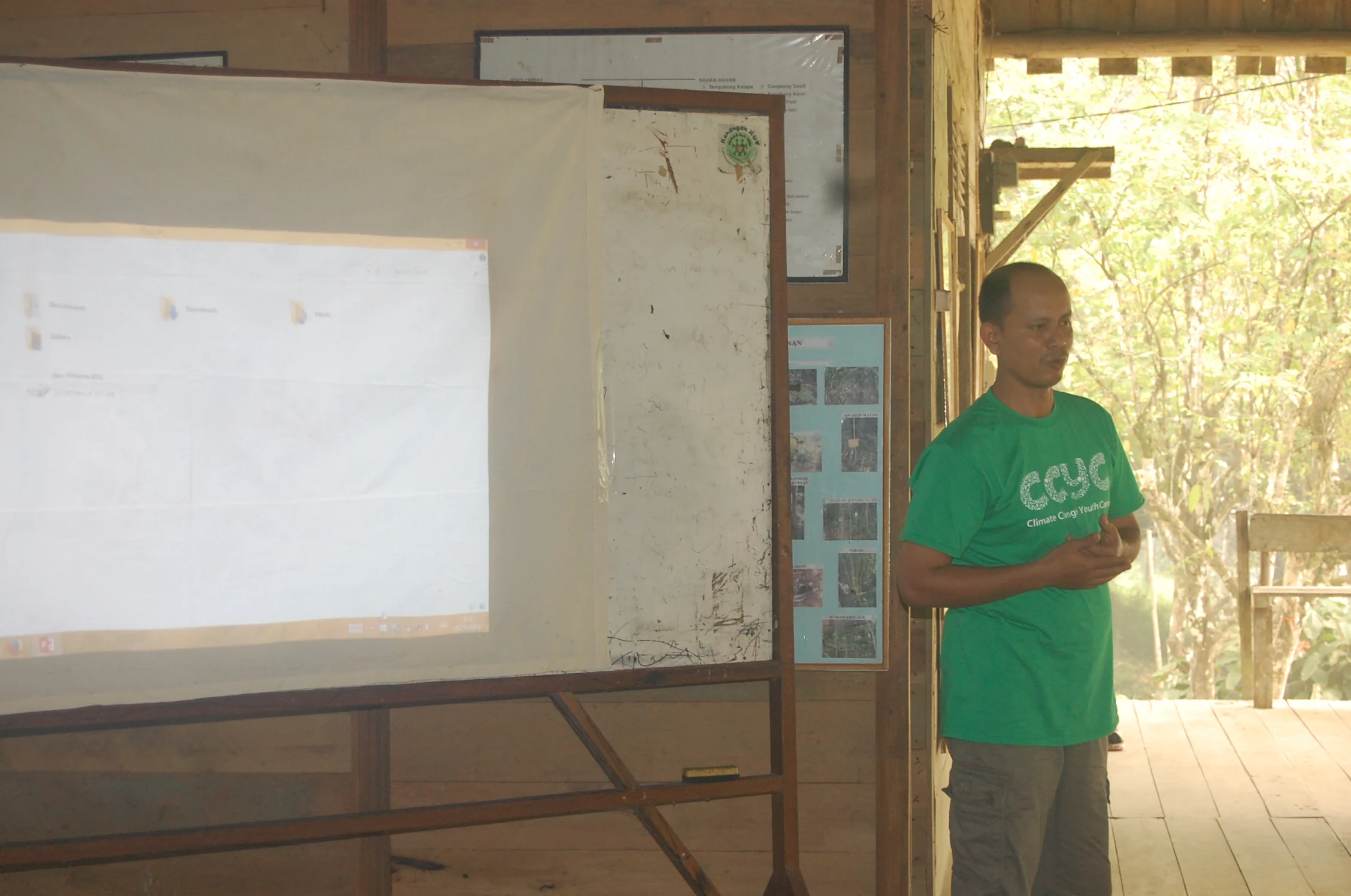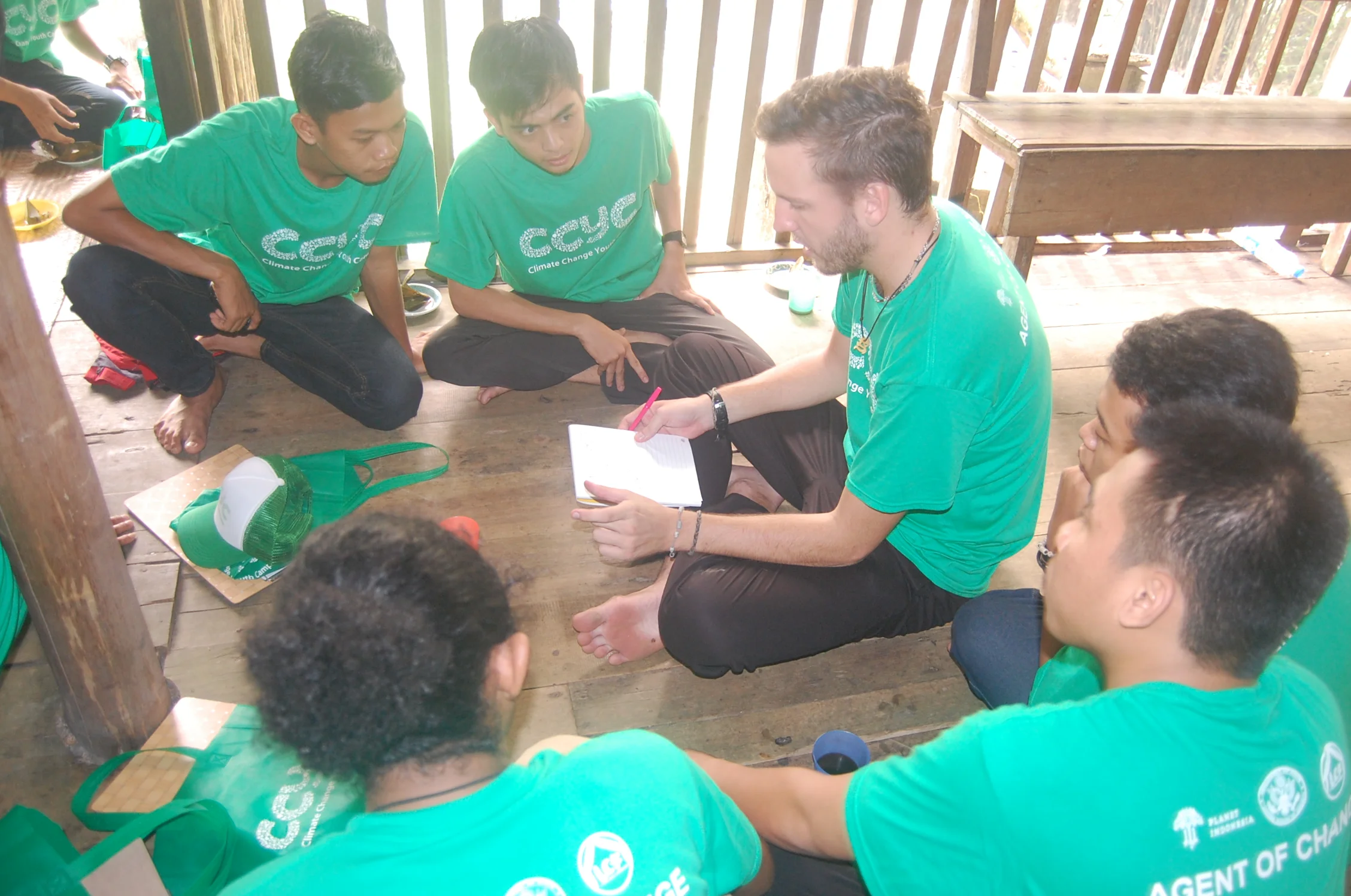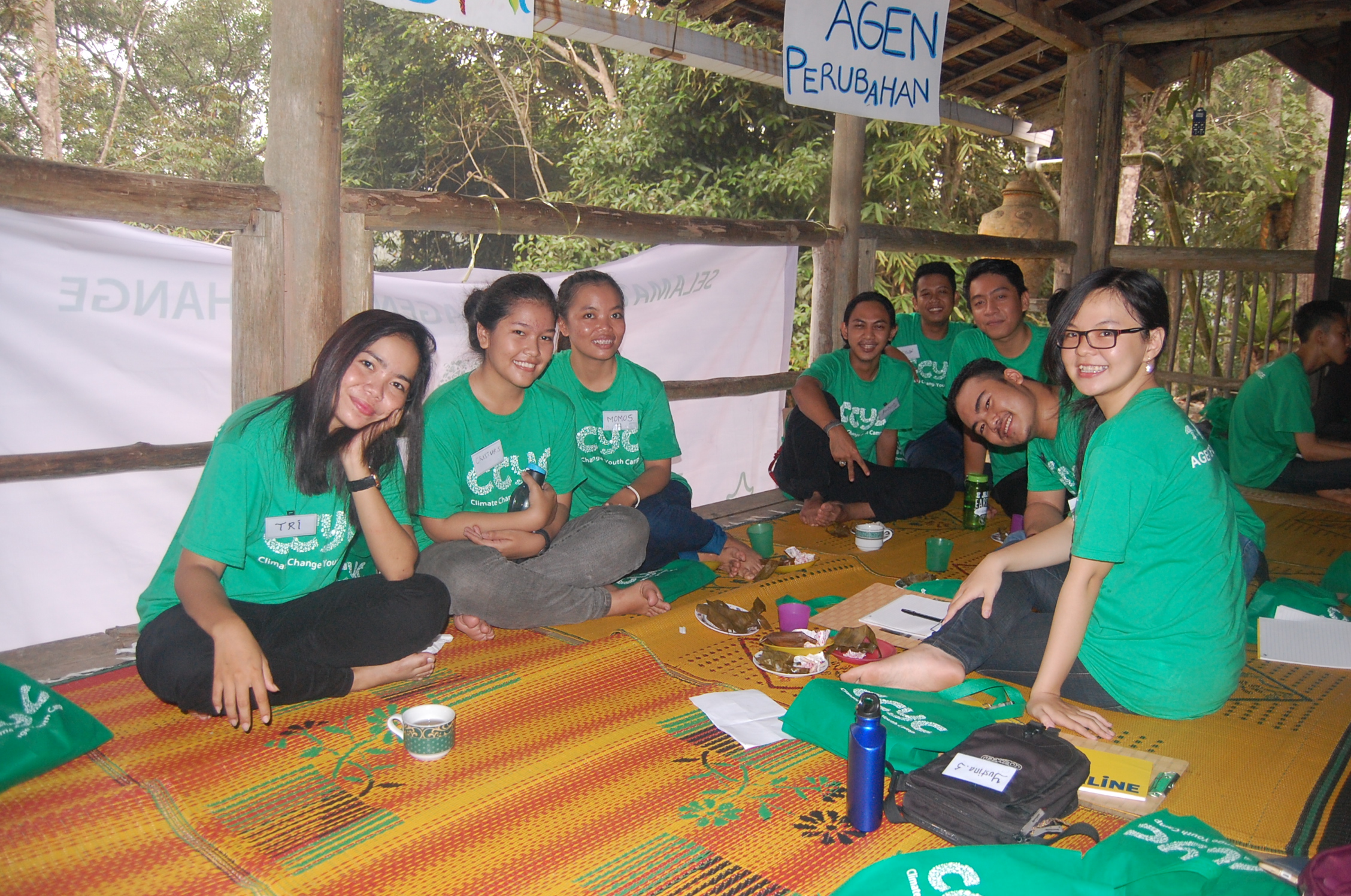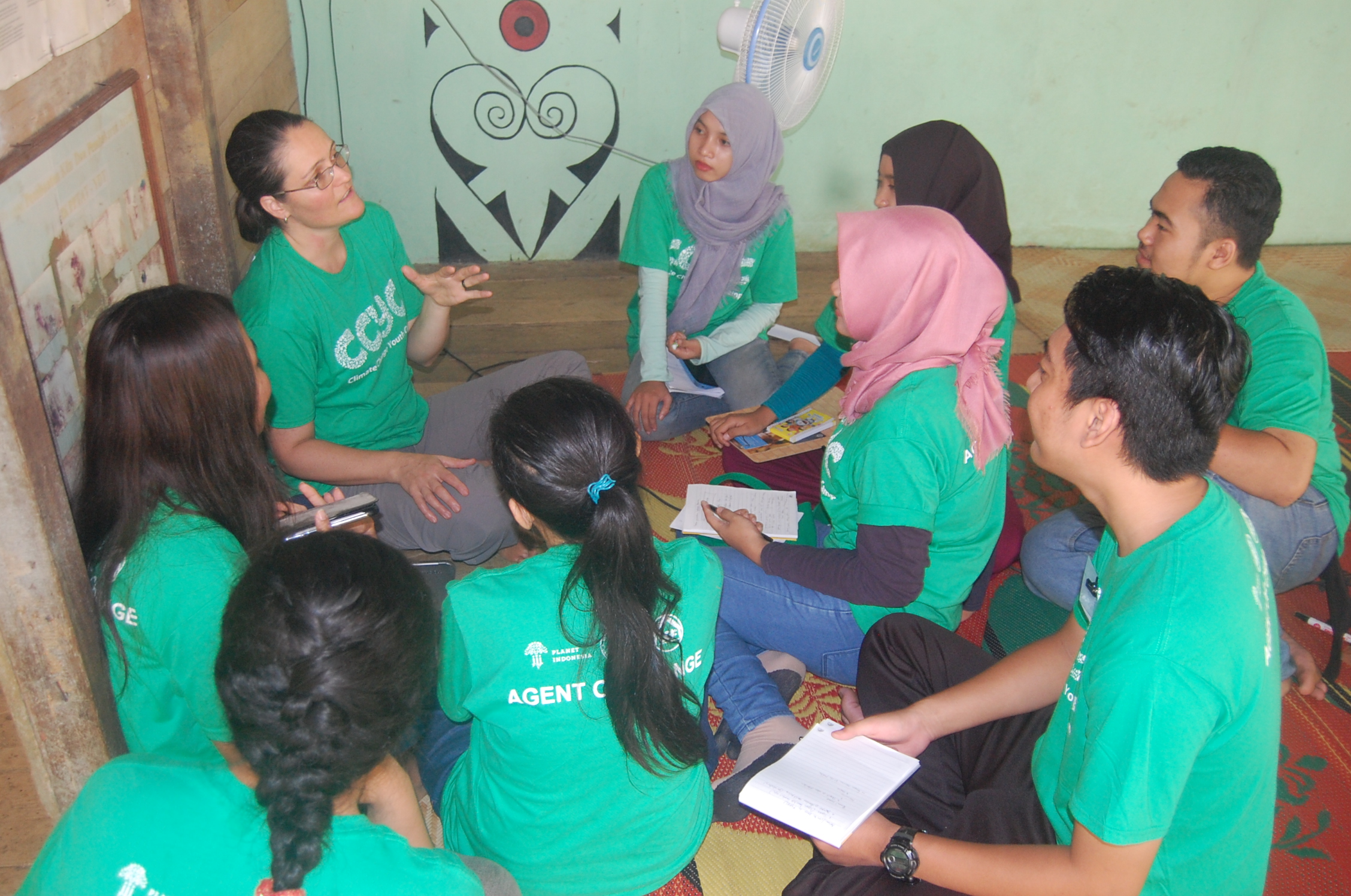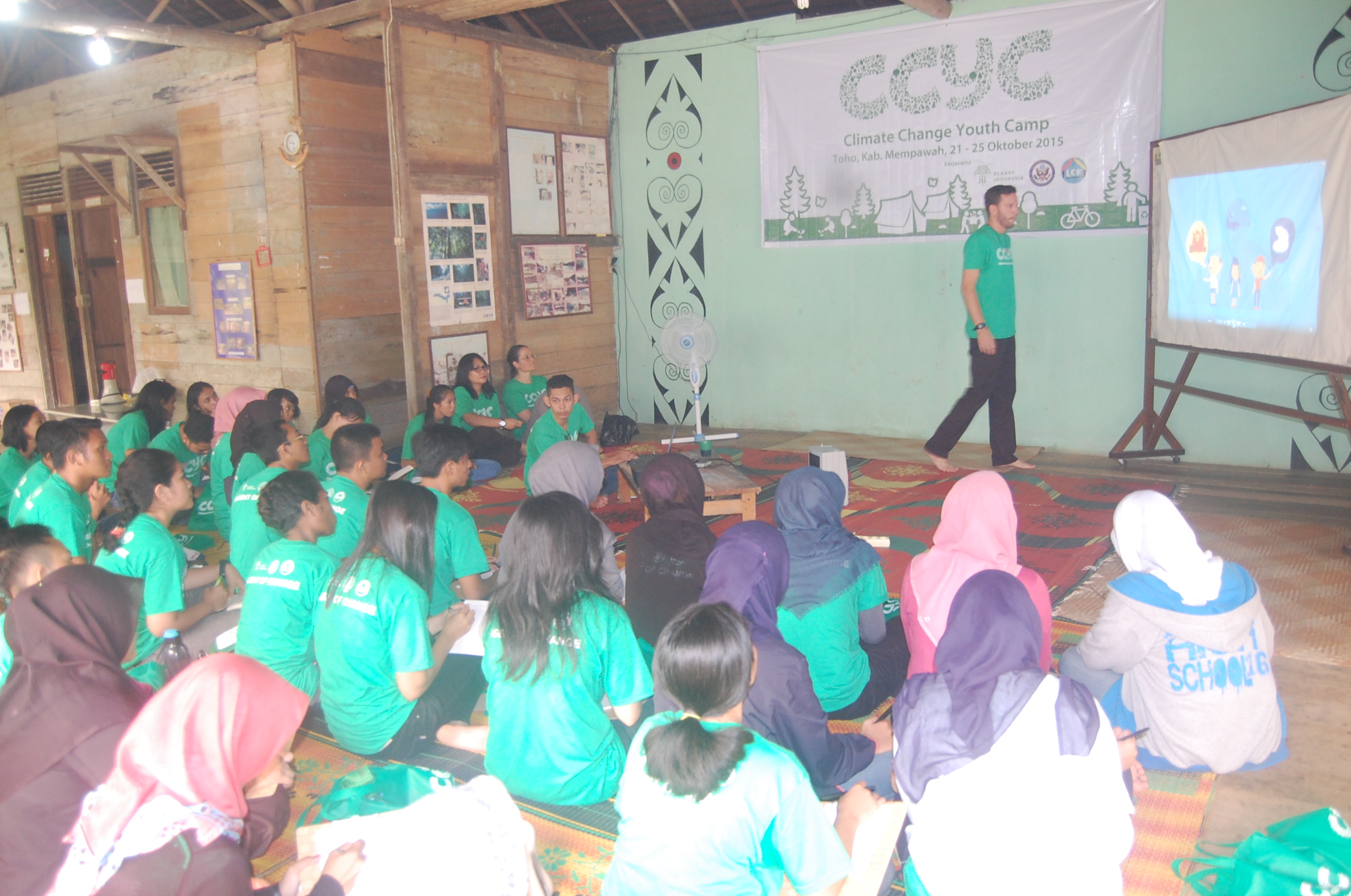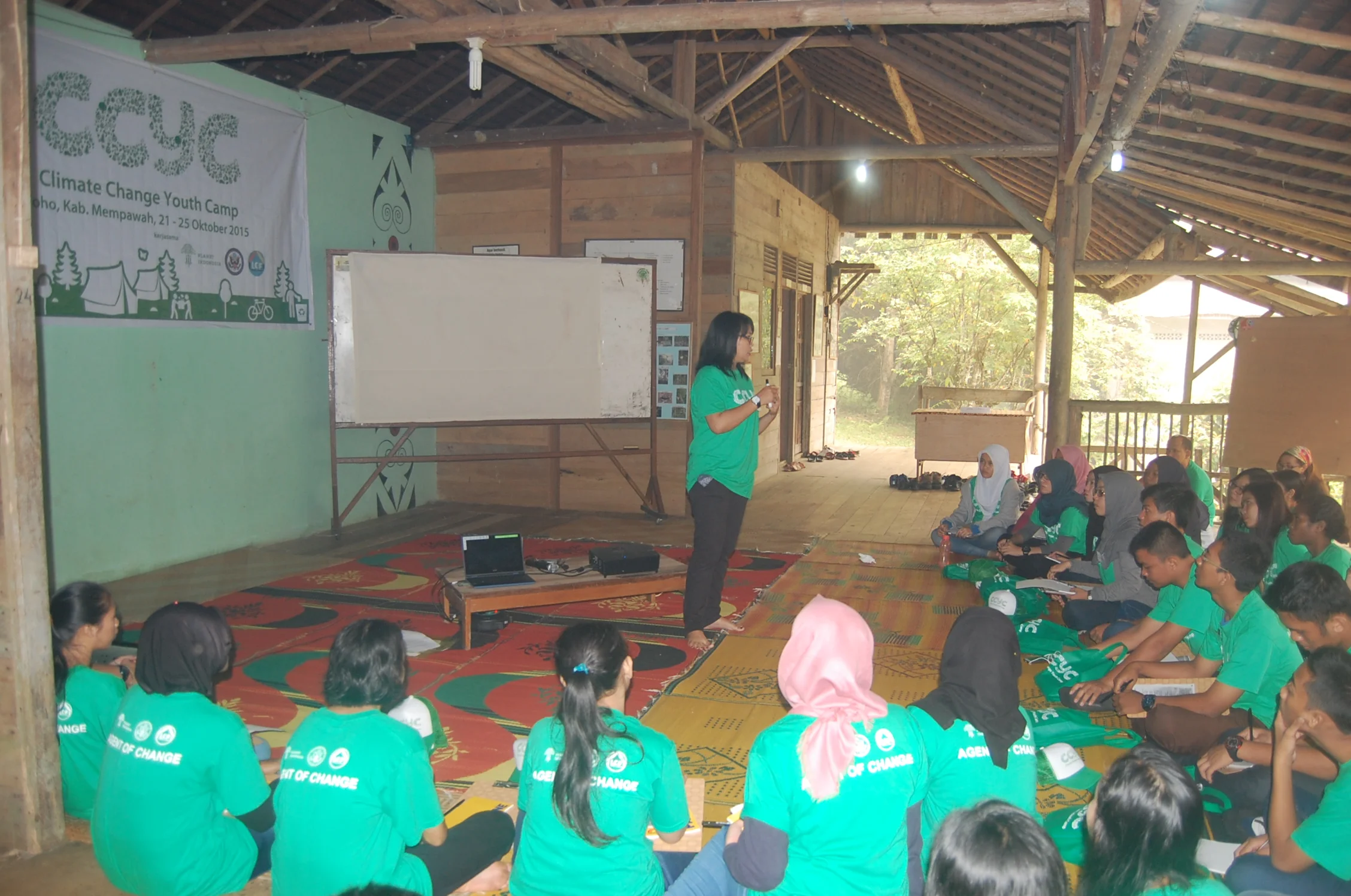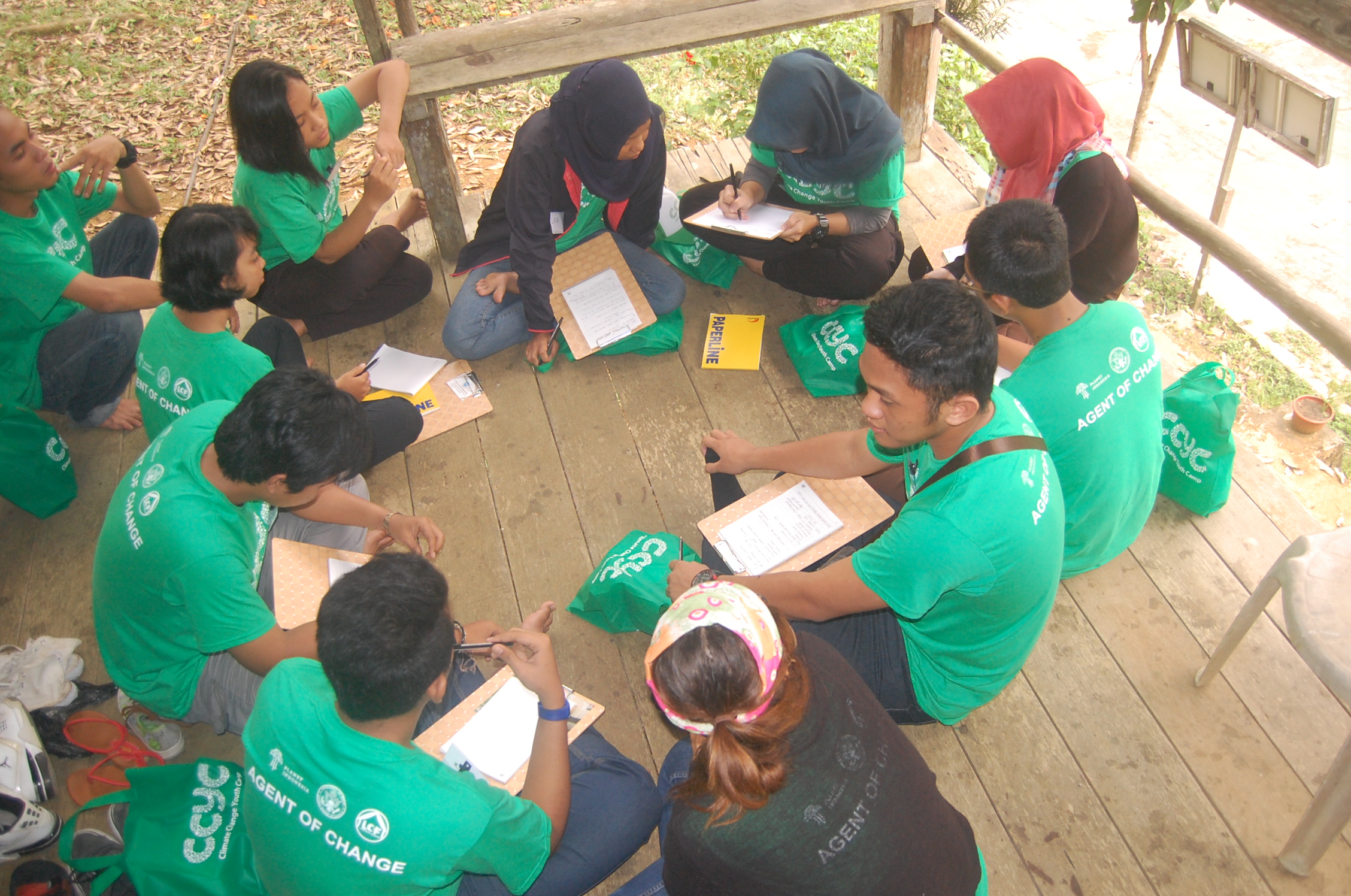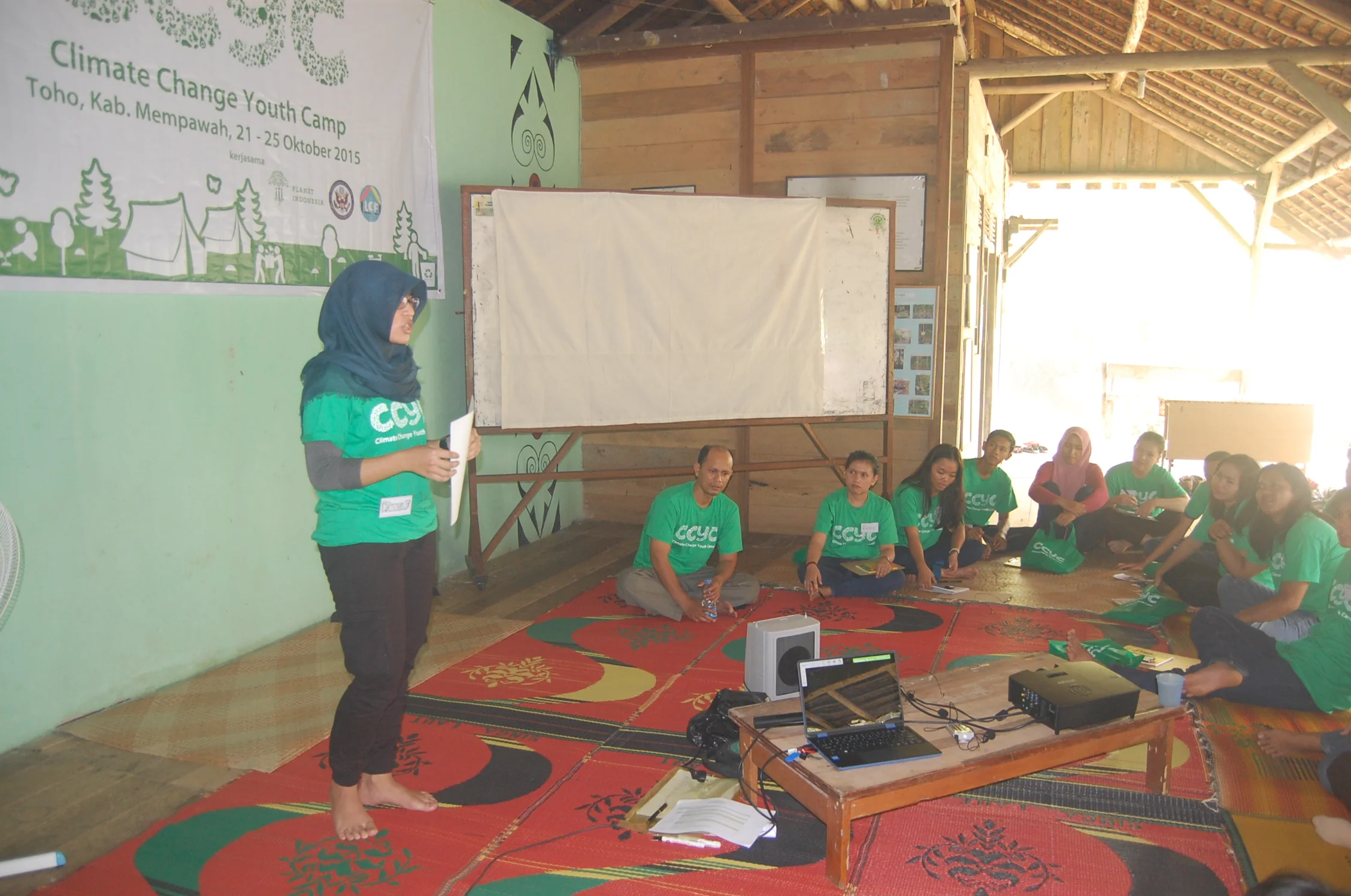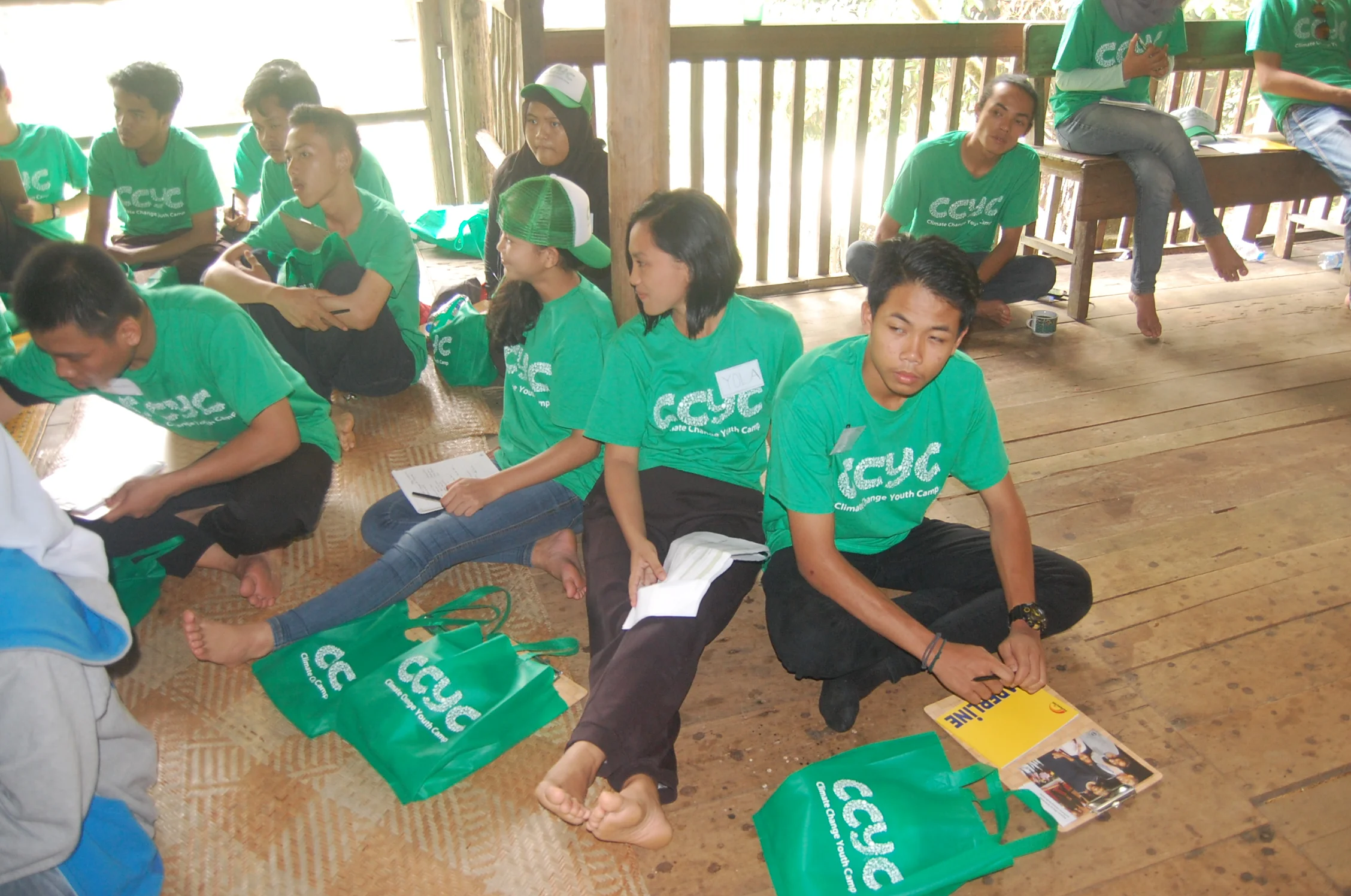Agents of Change
CLIMATE CHANGE YOUTH CAMP: THE RESULTS ARE IN!
INNOVATIVE TEACHING FOR INNOVATIVE PROJECTS
On October 21st-25th we gathered with 50 selected high school and University students for the first Climate Change Youth Camp. A packed schedule featured international and local experts teaching on issues such as climate change mitigation and adaptation, visual communications as an awareness tool, the importance of climate change leadership, among other capacity building exercises.
Our staff focused on a variety of interactive activities to build student capacity and confidence in climate change problem-solving. At the end of the camp students spent the last day designing their own project in which Planet Indonesia will provide seed funding for each group (5-7 students) to implement their ideas in their local communities.
A few sample projects:
-Creating a low-cost water filter to recycle "wash-water" from Mosques
- "My Green School" planting fruit trees on high school open-space
-Identifying and surveying for mangroves to build local reforestation programs
-Organic Compost: Starting composting programs in local high schools
FROM THE DONOR:
We were honored to have visitors from the U.S. Embassy in Jakarta, the donor for this project, to join the camp.
“ This was a fantastic opportunity for 50 bright, energetic, young Indonesians to get the motivation and skills needed to do something about climate change. Planet Indonesia delivered a top-notch curriculum that included science-based nuts and bolts as well as in-depth communications exercises, and plenty of fun. Perhaps the most motivating aspect was that it was held in the middle of a Kalimantan forest enveloped in smoke from slash and burn practices that are releasing carbon into the environment at an alarming rate. It was the perfect teachable moment.”
THE IMPACT IN THE NUMBERS:
At Planet Indonesia, we are dedicated to evaluation and monitoring. Therefore, we wanted to see our impact level using a student evaluation pre-post test.
-81% increase in participants' ability to describe the green house gas effect and how it drives climate change (13% Pre Camp ; 94% Post Camp)
-43% increase in ability to describe and differentiate between Climate Change Mitigation and Climate Change Adaptation (2% Pre Camp; 45% Post Camp)
-77% increase in ability to give real-life examples of mitigation strategies and adaptation strategies used by agencies and governments (17% Pre Camp ; 94% Post Camp)
-98% of students could give a specific example of a climate change mitigation or adaptation strategy in their local community (74% Pre Camp; 98% Post Camp)
-78% increase in participants who could identify which sector contributes the most to green house gas emissions (6% Pre Camp ; 81% Post Camp)
-96% of students post-camp could accurately describe why reforestation and restoration was an essential climate change mitigation AND adaptation strategy (43% Pre Camp ; 96% Post Camp)
-60% increase in ability to describe how daily food choices (e.g. vegetarianism, meat consumption) are related to greenhouse gas emissions and climate change mitigation (34% Pre Camp ; 94% Post Camp)
When asked to identify 5 general global impacts of climate change (e.g. drought, floods, etc) on average, pre-camp, a student could identify 2 global impacts and after the camp that number jumped to 4.7 per student. When asked to identify 3 local impacts (e.g. examples from their community) on average, pre-camp, students could identify 1 local impact and post-camp that number jumped to a perfect 3! 100% of students could identify local impacts in their community.
These fantastic results are a direct representation of the Planet Indonesia's staffs hard work and careful planning of the curriculum. We saw improvements across all categories that we evaluated with the students.
WHAT'S NEXT?
Erica Pohnan (Yayasan ASRI) teaching about Climate Change Mitigation and Adaptation
The Climate Change Youth Camp is far from over! All the activities at the camp were to help the students design their own mitigation and adaptation projects. For the next 5 months students will implement their projects with careful monitoring from our team! We will gather again next March and each group will present about their projects! Go get 'em kids! We are so proud of you already!





